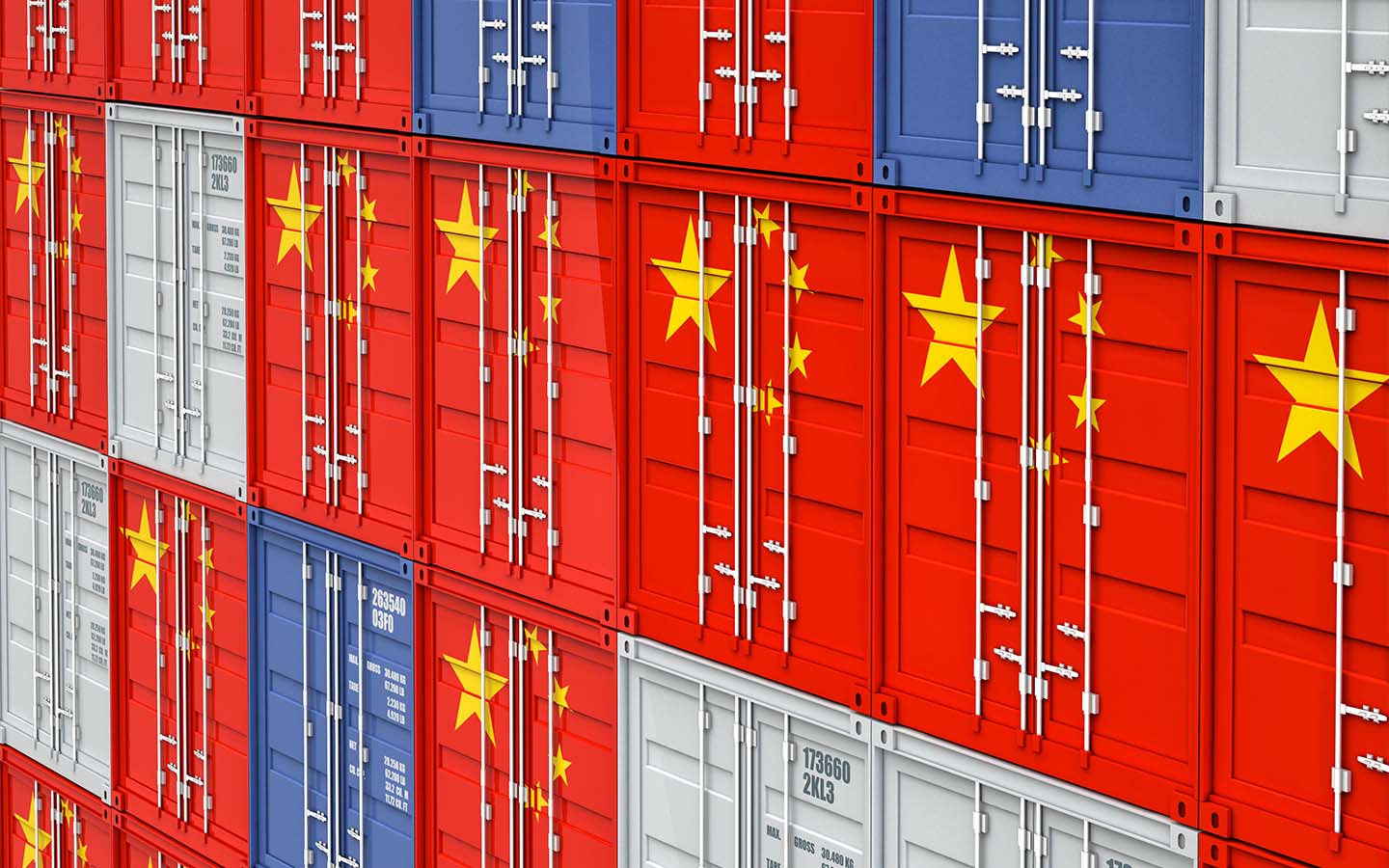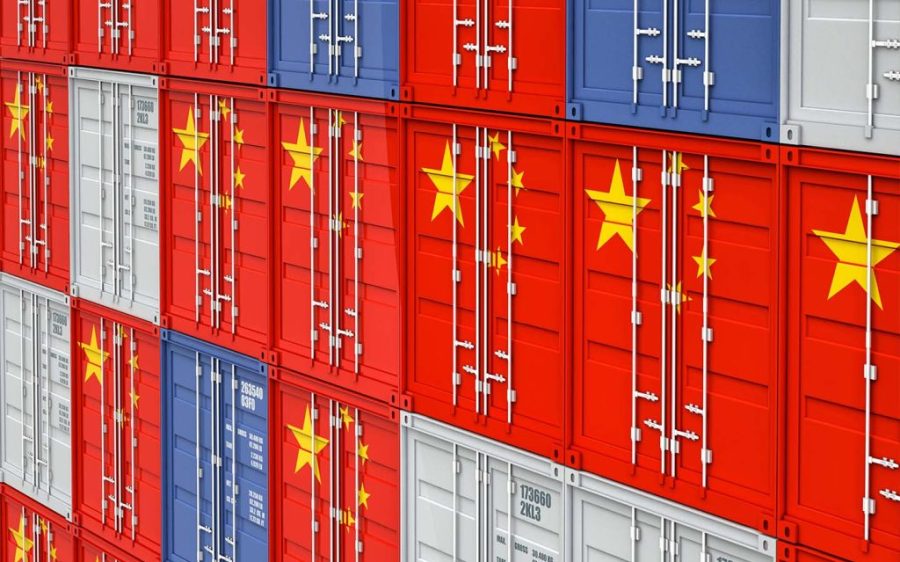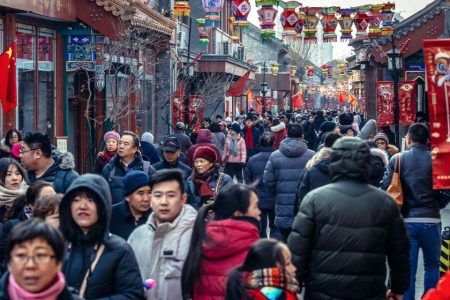Washington’s abrupt decision to exempt many of the highest-value Chinese imports – such as smartphones and laptops – from unprecedented 145 percent tariffs has been called a “small step” in the right direction by Beijing, multiple media outlets have reported.
However, China has also urged the US to “take a big step to correct its mistakes, completely cancel the wrong practice of ‘reciprocal tariffs’ and return to the right path of mutual respect.”
Late on Friday, US Customs published – without any prior warning – a list of tariff codes spared from the steepest import tax rate imposed by Trump on China. The exemptions included smartphones, computers, laptops, disc drives and automatic data processing, as well as for semiconductor devices, equipment, memory chips and flat panel displays.
[See more: ‘A breakdown of the geopolitical order.’ Tariffs on Chinese imports hit 145 percent]
Smartphones were the largest Chinese export to the US last year by value and their exemption was described by the BBC as a “stunning about-turn.” Others have dubbed US President Donald Trump’s erratic policies as “the Art of the Repeal” and suggested that Washington’s flipflopping means other countries have less incentive to negotiate deals with Trump.
The US leader has since said that the previous 20 percent duties would still apply to the exempted products. He also said, on social media, that the partial reprieve was temporary and part of an existing plan to review the national security implications of importing semiconductors before applying electronic-specific tariffs.
Beijing increased its own tit-for-tat tariffs on US imports to 125 percent on Friday. The Ministry of Commerce has said that while “door to dialogue is open” to the US, Beijing was more than willing to “fight to the end” to defend its legitimate rights and interests.
[See more: Macao needs to brace for a drop in tourist spending following US tariffs: expert]
China is the only US trade partner not included in a 90-day pause of Trump’s so-called reciprocal tariffs, which had ranged from 10 to 50 percent on almost 90 countries, regions and blocs. The US president announced the pause just hours after the new rates kicked in last Wednesday. In their place, he imposed a universal baseline levy of 10 percent on imports.
Trump has argued that increasing the cost of imports will recreate an imagined golden age of US manufacturing, spur local consumers to buy more American-made goods, and increase the amount of investment in the country. However, many analysts say that it would take years to relocate to the US even a fraction of manufacturing now done offshore, and that in the meantime the cost of goods will soar.
There have also been warnings that an all-out trade war between China and the US could push the world into a recession, given that the two countries account for around 43 percent of the global economy.






